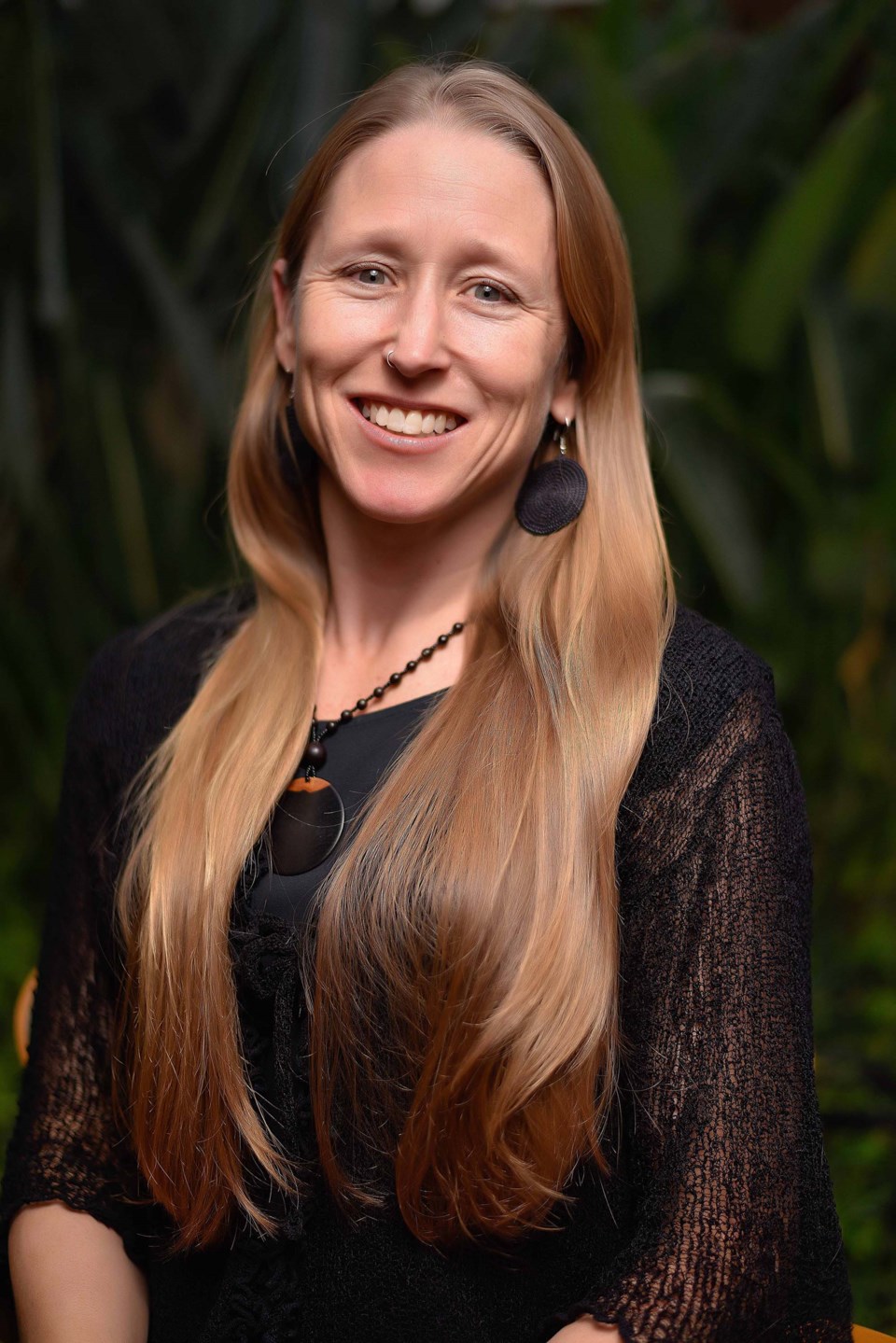Albertans can push back global heating by giving back to the dirt beneath their feet, says a renowned soil scientist.
Leigh Ann Winowiecki of World Agroforestry (ICRAF) is set to give the 20th annual Bentley Lecture on Sustainable Agriculture online at the University of Alberta March 9. The annual talk connects hundreds of U of A students with the world’s top agricultural researchers to discuss farm science.
Winowiecki is a soil systems scientist who has studied sustainable agriculture and soil carbon for about 20 years and co-developed ICRAF’s land degradation surveillance framework, which is used worldwide to monitor soil health. She plans to discuss advances in soil health monitoring at the Bentley talk.
Soil is the source of about 95 per cent of our food, yet we’ve let about a third of the Earth’s surface degrade to the point that it can no longer support crops and animals, said Winowiecki, speaking to The Gazette from Nairobi, Kenya, on March 2.
“We have taken for granted the soil beneath our feet,” she said, and not worked to nurture it.
Climate and dirt
Alberta’s soils are under heavy pressure from farming, explained U of A soil scientist Scott Chang. Most of our farmland is made by plowing up rangelands and forests — a process that can turn 50 to 60 per cent of the carbon stored in it into planet-heating carbon dioxide.
“There’s a huge need to restore that carbon content in soil,” Chang said, both to reduce global heating and restore soil fertility.
Climate change is another pressure point for soil health, Winowiecki said. Kenya is seeing more droughts and less predictable rains in recent years, which leads to erosion, nutrient depletion, dried-out soil bugs and fungi, and more vulnerability to climate change. Add a growing population and pressure from farming, and you have a spiral of soil health degradation.
Soil has huge potential for carbon sequestration if we can improve its health, said Winowiecki and Chang. Some studies suggest soil carbon storage could reduce global CO2 concentrations by 40 to 70 parts per million — a 10- to 17-per-cent reduction, data from the National Oceanic and Atmospheric Administration suggests.
Soil solutions
Tillage is one of the biggest enemies of soil organic matter, as it exposes it to the air where hungry microbes can turn it into CO2, Chang said. By minimizing tillage with no-till farming, you protect that organic matter and reduce carbon losses. Chang’s research, some of which was done in Sturgeon County, has found that planting perennials and trees and spreading biochar can also enhance carbon storage and reduce greenhouse-gas releases from farmland.
Winowiecki said we can enhance soil carbon storage through better soil stewardship. That means reducing tillage to guard against erosion; planting cover crops such as legumes to restore nutrients mined from soil; and giving worms, fungi, and other soil creatures the same love we give lions and zebras. On a garden level, we can rotate our crops, spread composted manure, and practice vermi-composting.
“Whether you’re in an urban setting or you’re a farmer or a policymaker, we all have a responsibility and agency to make a positive contribution to building soil health,” Winowiecki said.
Winowiecki’s talk is at 1 p.m. March 9. A recording will be posted later to YouTube. Visit bit.ly/35IS1Dc for details.




